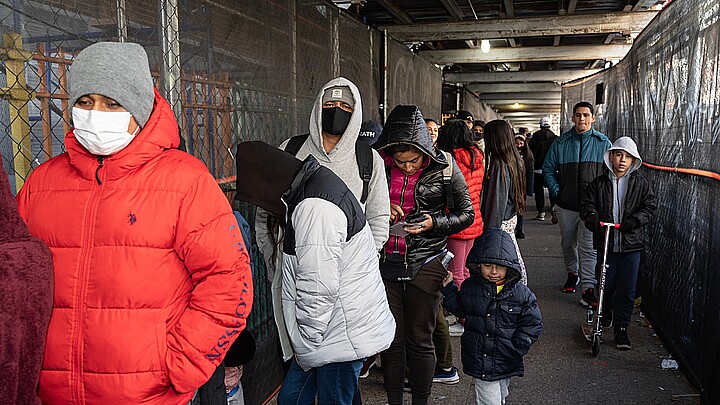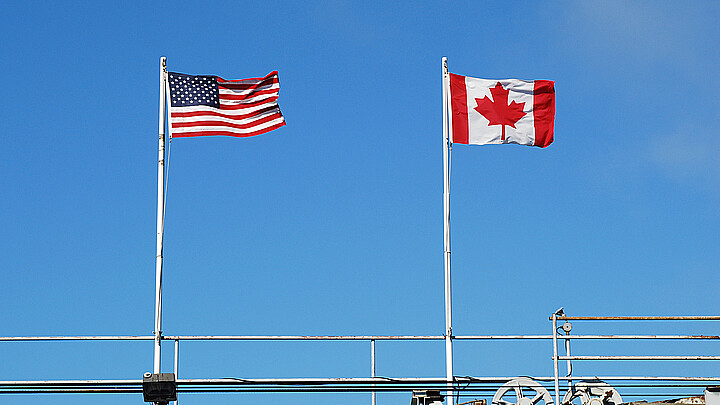Immigration
New York City to welcome 10,000 Ukrainian refugees
"New York City has always “been traditionally a city of refuge, a city of sanctuary for asylum seekers and refugees"
August 26, 2022 6:23am
Updated: August 26, 2022 11:22am
New York City is expected to welcome 10,000 Ukrainian refugees that are fleeing from Russia’s invasion of their country, a city’s top immigration official said on Wednesday.
Immigrant Affairs Commissioner Manuel Castro announced the plan during a press conference at the Port Authority Bus Terminal, where migrants had just arrived in busloads after being sent from Texas by Governor Greg Abbott.
“Just yesterday, we held an event with our Ukrainian community,” Castro said. “We are expecting to welcome about 10,000 Ukrainians to the city of New York.”
"New York City has always “been traditionally a city of refuge, a city of sanctuary for asylum seekers and refugees — and so, we are ready to support,” Castro added.
In April, President Joe Biden announced that the U.S. would allow up to 100,000 Ukrainians fleeing the war to live in the country for up to two years, in an effort to provide refuge for those who lost their homes.
Under the program, titled “Uniting for Ukraine,” Ukrainian refugees must have a sponsor in the country that could support them and ensure that they have coordinated “safe and appropriate housing for the duration,” according to the U.S. Citizenship and Immigration Services Website.
About 95% of the sponsorship applications have been approved by USCIS, according to the Mayor’s Office of Immigrant Affairs.
“The latest numbers provided by the federal government on Uniting for Ukraine estimates that 10,000 Ukrainians have had an [application] filed for them by a sponsor in one of the five boroughs,” an immigrant affairs spokesperson said, quoted by The New York Post.
Since the Russian invasion of Ukraine began on February 42, more than a third of Ukrainians have fled their homes and more than 6.6 million people have fled the country, according to data from the United Nations.










